Press TV: French election turnout 8% lower than 2017, more journalists attending than voters
As French voters cast their ballots in the runoff election to choose between pro-EU President Emmanuel Macron and his rival, far-right leader Marine Le Pen, Press TV’s Paris correspondent says the turnout in this year’s presidential poll is far below the previous one held in 2017.
In a post on his Twitter page on Sunday, Press TV correspondent Ramin Mazaheri says the projected turnout for the ongoing election is about eight percent below 2017, according to the latest result released at 12 p.m. local time.
“This polling place had a line 20 deep for Round 1 - today more journalists than voters,” he wrote in his tweet in reference to the number of voters at a voting center where he is present to report.
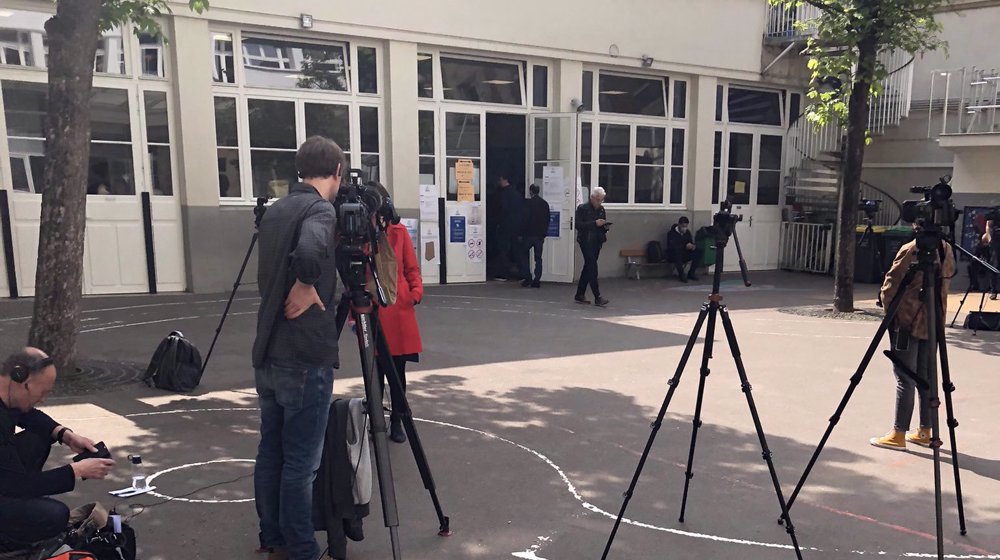
#FrenchElections2022 turnout down almost 8% from 2017 at 12pm local.
— Ramin Mazaheri (@RaminMazaheri2) April 24, 2022
This polling place had a line 20 deep for Round 1 - today more journalists than voters.
Macronista area near the Champs-Élysées - not good for him. Lotta rich people on vacation now, too. The plot thickens… pic.twitter.com/TSXj9QTr4r
Surveys and opinion polls have already pointed to Macron as the likely winner of the election against Euroskeptic candidate Le Pen, but with a far smaller winning margin than in 2017 when he beat her by taking 66.1 percent of the vote.
Macron, 44, has promised to continue to lower taxes and increase the pension age to 65, while Le Pen, 53, has focused on the cost-of-living crisis. Le Pen is also campaigning to ban the Muslim head-scarf from all public places as part of her anti-immigration program.
The incumbent president’s domestic policies are more divisive and less popular, most notably his bloody handling of the ‘Yellow Vest’ movement, one of France’s most prolonged and potent protests in recent history.
The Yellow Vests staged more than 60 consecutive weeks of protests against economic hardship, mounting inequality, and a discredited political establishment. But their protests were met with a fierce crackdown that eventually smothered the movement.
More than three years after it was smothered, its avid supporters, however, are counting on their ballots to finish the job.
Macron’s record on the COVID-19 pandemic is also inconclusive.
Le Pen, on the other hand, has repeatedly underscored that stopping what she brands “uncontrolled immigration” and “eradicating Islamist ideologies” are her manifesto’s two priorities. Her critics believe her proposed changes to treaties, dismantling of rules and cuts to budget contributions would eventually lead to France’s exit from the European Union. They say her manifesto is full of lies and false promises that conceal a far-right agenda.
Furthermore, Macron and Le Pen are now amid a fight for securing over the 7.7 million voters who supported Jean-Luc Mélenchon, the leftist leader who earned a strong third-place finish in the first round.
Since 70 percent of Muslims voted for Mélenchon, who denounced discrimination against Muslims, Macron and Le Pen, from the first round, particularly focused on the country’s minority Muslim population for garnering as many votes as possible.
However, as a report by the New York Times revealed, for France’s Muslims the choice between Macron and Le Pen in the runoff is only a choice between lesser of the two evils.
Macron’s government is under fire for systematically targeting the country’s minority Muslim population with anti-Muslim policies through introducing a series of controversial laws that several human rights groups have censured as Islamophobic – including the anti-separatism law and the Imam Charter.
Since August last year, the authorities, according to the government, carried out 24,877 investigations through January. They also closed 718 mosques, Muslim schools and associations for encouraging separatism, seizing assets worth 46 million euros.
Furthermore, the Observatory of Associative Liberties, an umbrella group of academics and rights groups, revealed after an investigation of 20 cases that many establishments have been shut down for vague and unwarranted reasons.
Le Pen, for her part, even said that she would ban hijab in public although she softened her tone in recent days apparently in favor of securing more votes from Muslims.
Last week, Le Pen said that the issue of hijab was a “complex problem” that the National Assembly would have to debate and that she was not “close-minded.” Her top aides eventually said that banning the wearing of the hijab was not a priority.
Macron is highly expected to continue and expand the policy of state-sponsored anti-Muslim persecution, and it is only natural to assume that Le Pen would do the same.
Both candidates regard the Islamic faith and its visible practices as “civilizational threats,” holding the view that Muslim "separatism” must be categorically opposed.
According to Ifop, Macron secured only 14 percent of Muslim voters’ support this year, compared with 24 percent in 2017. Le Pen, for her part, got 7 percent in the first round this year. Nationwide, according to Ifop, the turnout of Muslim voters was a couple of percentage points higher than the average.
The 2022 presidential election in France is unlike any of the previous ones, mainly due to the events that have taken place on the political and social arena in recent years such as an economic crisis, the COVID pandemic, the Ukraine conflict, and the increasing pressure on minorities, such as Muslims and immigrants.
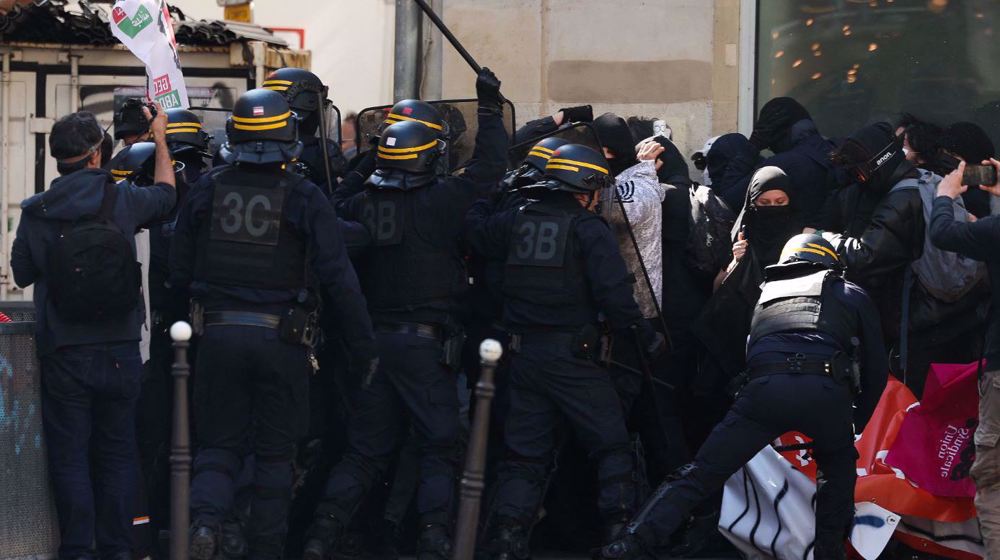
French police bludgeon students protesting budget cuts in Paris
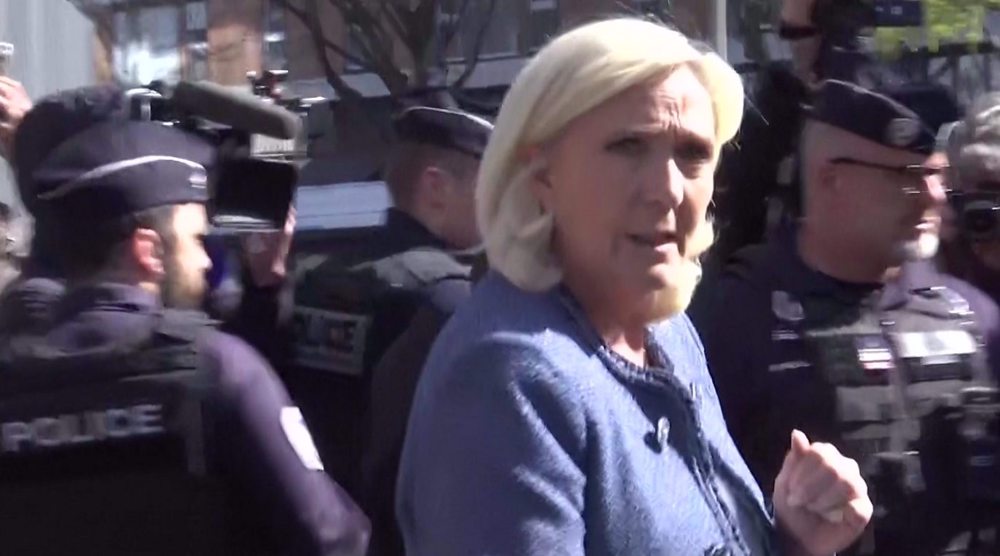
French far-right leader Le Pen barred from presidential race after embezzlement conviction
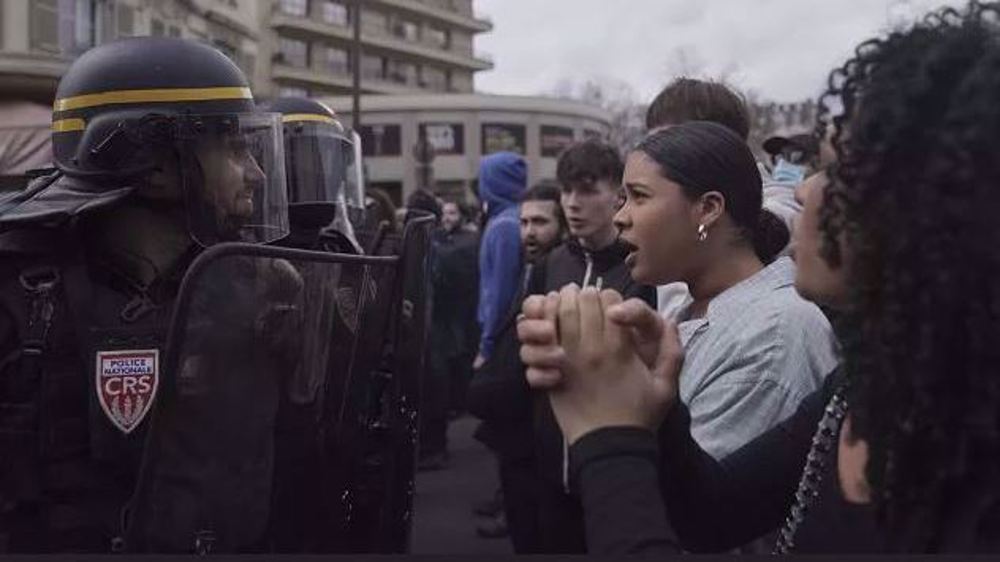
Tens of thousands protest racism, support Gazans in Europe
Israeli settler attacks, displacements increase in the occupied West Bank: OCHA
Protesters gather in Times Square demanding release of Mahmoud Khalil
Yale's decision to terminate Dr. Helyeh Doutaghi aimed to silence anti-genocide voices: Activists
Iran’s aluminum output down by nearly 5% in year to March
Missiles fired from Yemen triggers sirens in Israeli-occupied territories, closes airport
Iran condemns terror attack in southeast that killed 8 Pakistani nationals
Deir al-Balah massacre: Israeli airstrikes killed 6 brothers at once
Iran currency surges on positive news from Iran-US talks


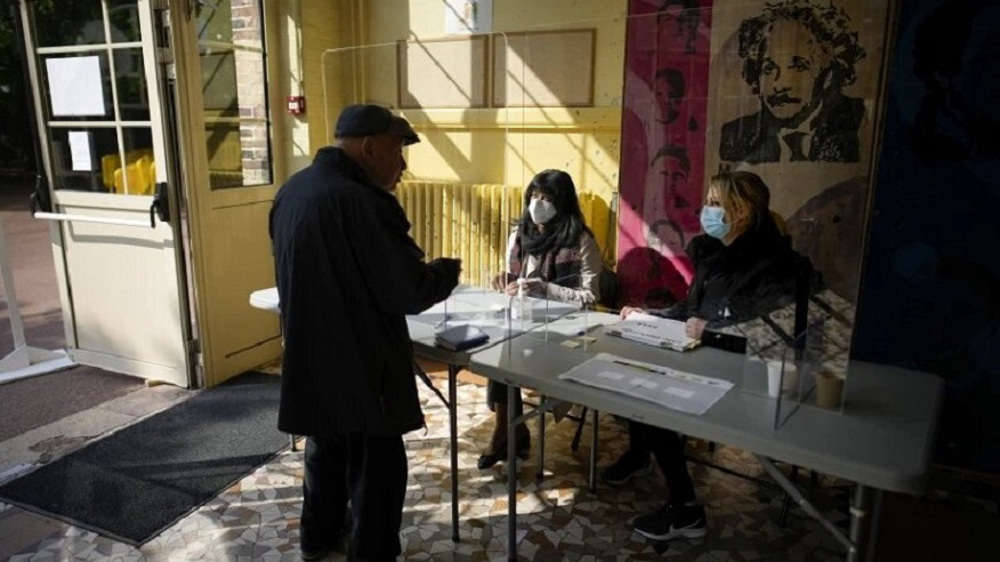
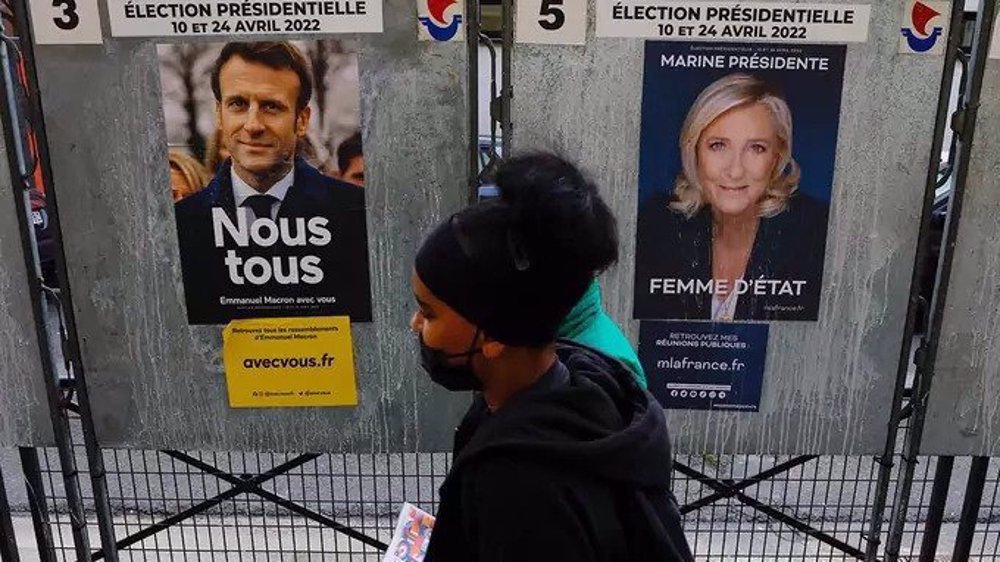
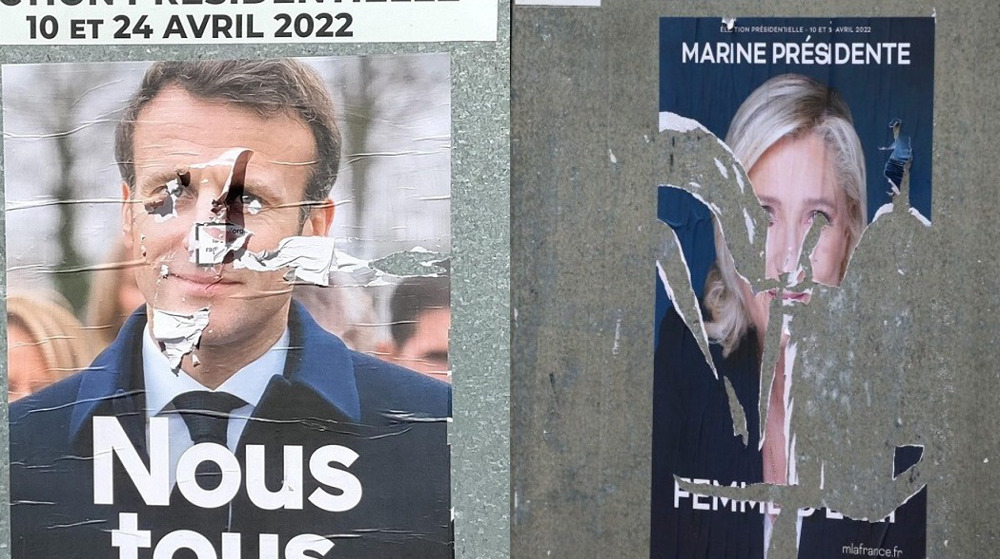
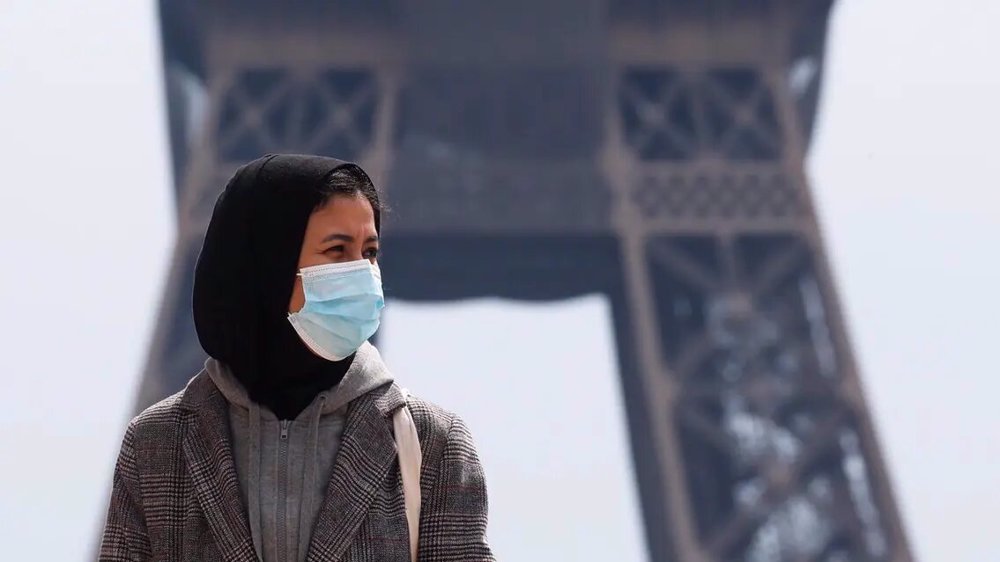




 This makes it easy to access the Press TV website
This makes it easy to access the Press TV website